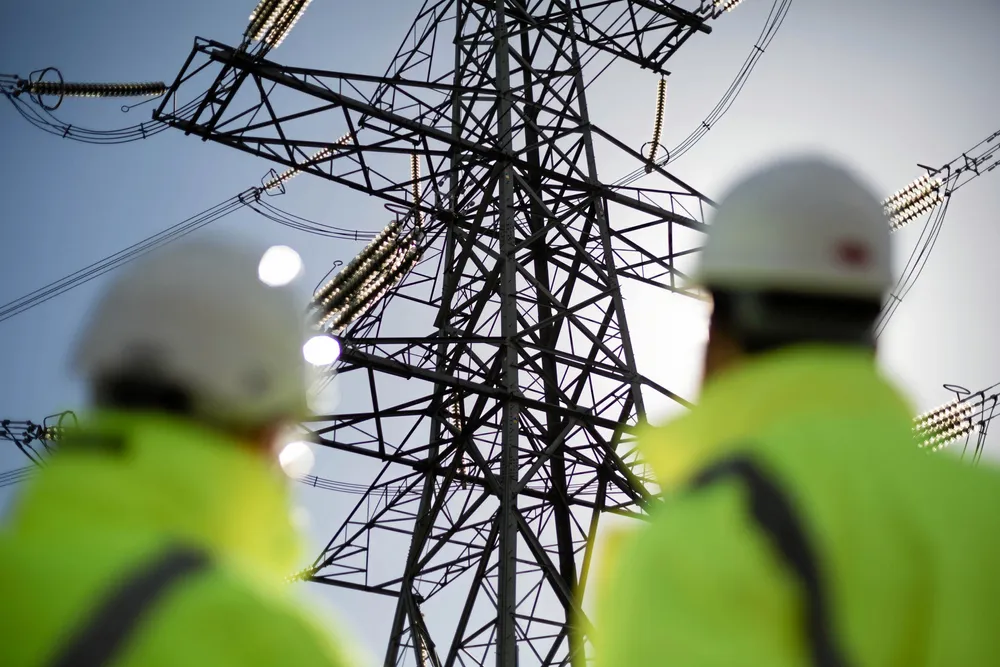UK regulator urged to be 'proactive' on grid objectives or face growth constraints
Advisory report urges government to cut red tape and warns that consumers may face additional short-term costs

The UK electricity regulator needs to become more proactive in fostering investment and flexibility in an urgently needed modernisation of networks, or risk hampering economic growth and causing offshore wind curtailment, according to a new report by an independent advisory body.
The report published today by the National Infrastructure Commission (NIC) highlighted the need for £37bn-£50bn ($47bn-$63bn) of investment to handle an expected doubling in demand for electricity by 2050 and called on electricity regulator Ofgem to reconsider its duties.
"Ofgem should rebalance the price control around a broader set of long term objectives. These should include enabling economic growth, accelerating progress towards net zero," it stated.
The NIC report conceded that the heavy investments required mean that consumer bills are likely to rise by up to £25 per annum, but warned that failure to "future proof" grid networks will undermine policy objectives such as building new houses and installing heat pumps on a large scale.
"Price controls will need to be reformed to enable proactive investment," the report stated.
The report urged the government to step up its efforts to cut red tape, and warned that the current approach is driven by short-term costs.
"The current regulatory process is too complex and focused on the short term cost of network investment, rather than the wider goals of economic growth and decarbonisation," it stated.
"Continuing the current approach risks delaying investment and putting significantly more pressure on networks and supply chains in future, as well as on the bills of future consumers. These should include enabling economic growth, accelerating progress towards net zero, strengthening network resilience and delivering high quality customer service," it stated.
The NIC endorsed assessments that modernising the UK grid distribution networks will require a doubling of investment levels and suggested that this spending must accelerate most steeply over the next five to 10 years to avoid a drag on growth.
The scale of the challenge is daunting, at a time when the UK and other European nations are also facing US pressure to increase their defence budgets.
The UK government is also facing criticism over the cost of living, and its argument that a decisive buildout of clean energy can actually bring bills down is being increasingly challenged in domestic politics.
The NIC report is just the latest highlighting the need for major expansion and modernisation of electricity infrastructure in the UK.
Grid bottlenecks are already causing a growing problem of curtailment of electricity production in offshore wind farms with government-subsidised contracts for difference (CfDs).
These constraints are also identified as one of the major brakes holding back a huge pipeline of potential offshore wind power projects. This offshore wind pipeline includes more than 25GW of capacity awarded in the UK's ScotWind auction.
The NIC report also emphasised the importance of adopting flexibility principles that prioritise the national strategy over local needs.
"Where the priorities of the local and national networks conflict, it is preferable to use flexibility to manage national demand peaks rather than local constraints, as the benefits should be greater," it stated.
"Ofgem will need to move away from the ‘flex first’ principle and instead encourage the utilisation of flexibility where it represents the best system solution (or part of it) over the long term
The NIC has delivered its message just three months ahead of the expected government launch of a new 10-year infrastructure plan.
(Copyright)